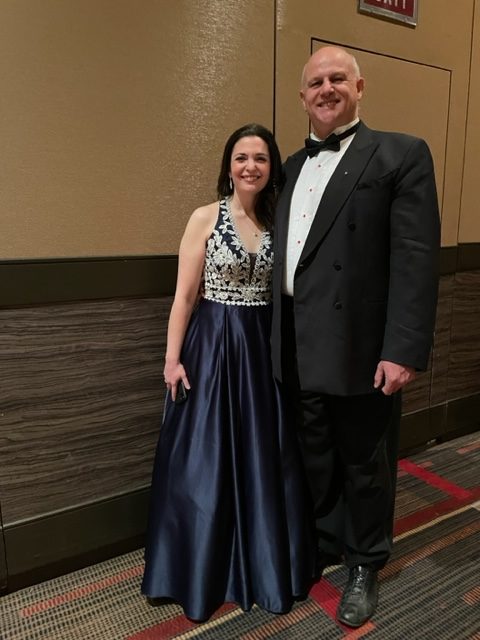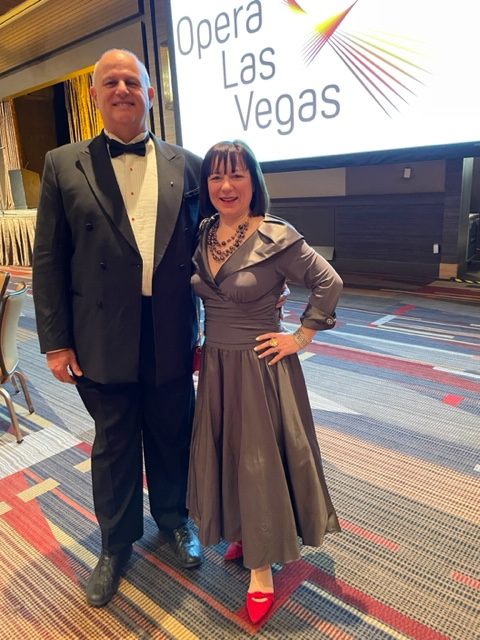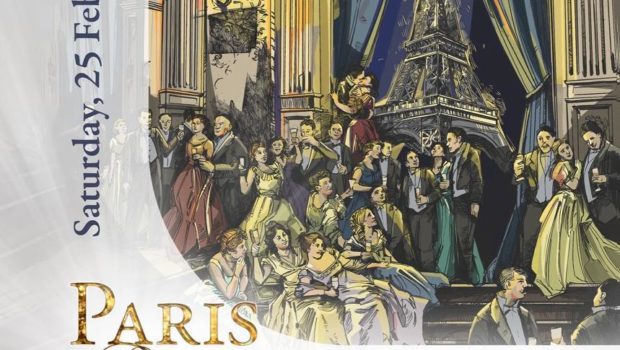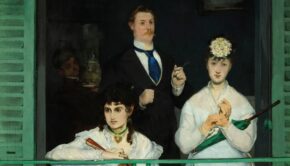Paris Extraordinaire set the stage for La Traviata
What an amazing 2023 Annual Gala in which I was invited as press! Thank you to Jim Sohre and Opera Las Vegas for a great evening. It was delighted to be part of this well-organized event and hear beautiful voices such as opera singers Athena Mertes and Marco Varela who sang one of my favorite Bocelli duets “Con te Partiro/ Time to say Goodbye.” Also, congratulations to singer Pia Zadora on her well-deserved Lifetime Achievement Award. Ms. Zadora began her professional career as a child on Broadway and in regional theater. She won a Golden Globe Award as “new Star of the year,” after she caught the public attention in a film. Then, she transitioned to performing in musical appearances. She frequently performs now at the iconic Italian restaurant Piero’s. Her mother was known for being the wardrobe supervisor at the Metropolitan Opera and enduring contributions to the Performing Arts.





Following the “Paris Extraordinaire” Gala at the M Resorts last February 25th, 2023 I questioned myself whether the city of Paris played a role in inspiring or setting the scene for Giuseppe Verdi’s opera “La Traviata,” then I did a bit of research to find out that the answer is yes.

“La Traviata” is set in mid-19th century Paris, and the city’s social and cultural scene is an important backdrop for the story. The opera follows the tragic love story of the courtesan Violetta Valery and her lover Alfredo Germont, who live in Paris and are part of the city’s high society.
Paris was a center of artistic and cultural activity during this time, and Verdi was undoubtedly influenced by the city’s music, art, and fashion. The opera also reflects the social mores and attitudes of the time, including the idea that women of Violetta’s profession were not considered respectable members of society.
“La Traviata” is an opera composed by Giuseppe Verdi with a libretto by Francesco Maria Piave. The story of “La Traviata” set in Paris and the city plays a significant role in shaping the story and setting in several ways:
Social life and class structure: Paris in the mid-19th century was a hub of social activity and entertainment, particularly for the wealthy and aristocratic classes. The opera revolves around the love affair between the Parisian courtesan, Violetta, and the young nobleman, Alfredo. The setting of Paris allows for the exploration of social class structures and the norms of the upper classes.
Parisian nightlife: Paris was famous for its vibrant nightlife, which plays a prominent role in the opera. Many of the scenes take place in Parisian cafes, ballrooms, and parties, which provide a colorful and lively backdrop for the characters’ interactions and conflicts.
Romanticism and decadence: The opera takes place during the Romantic era, a time of great artistic and cultural innovation, but also of decadence and excess. The setting of Paris, with its artistic and intellectual community, embodies this cultural milieu, which serves as the backdrop for the tragic love story between Violetta and Alfredo.
Illness and death: The setting of Paris also plays a role in the tragic ending of the opera. Violetta’s tuberculosis, a common illness in the polluted and crowded city, underscores the fragility of life in this urban environment and serves as a metaphor for the transience of love and beauty.
In summary, Paris plays an important role in shaping the story and setting of “La Traviata,” providing a backdrop for the exploration of social class, nightlife, Romanticism and decadence, and the fragility of life and love.





















Fantastic read! This article does an excellent job of breaking down what smart homes are and how they’re transforming modern…